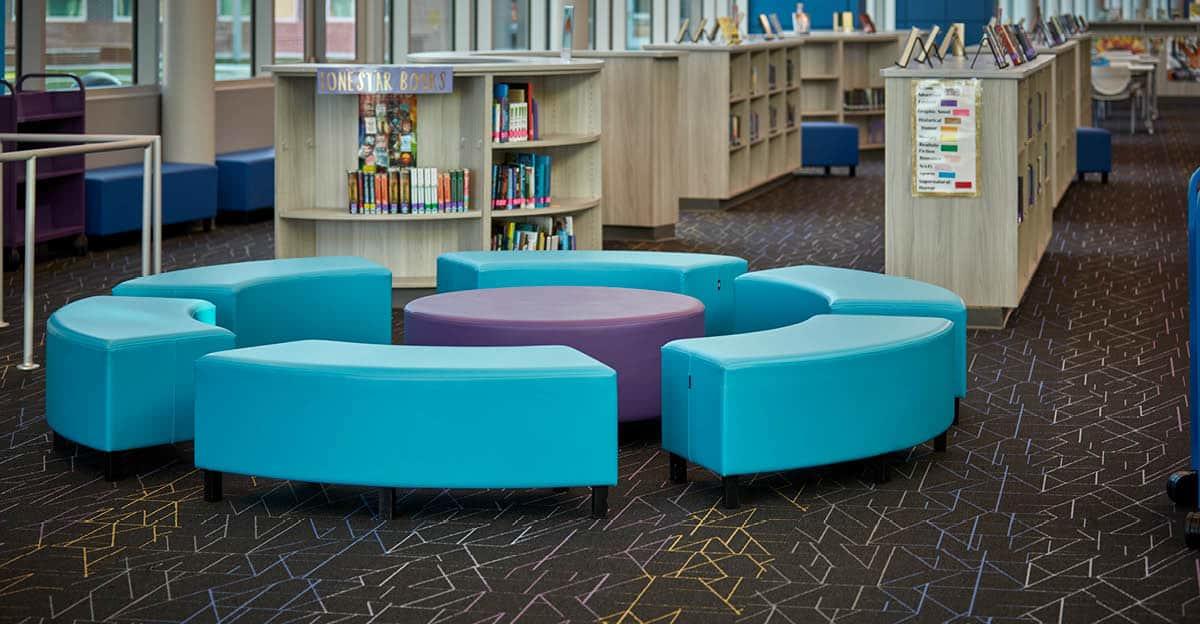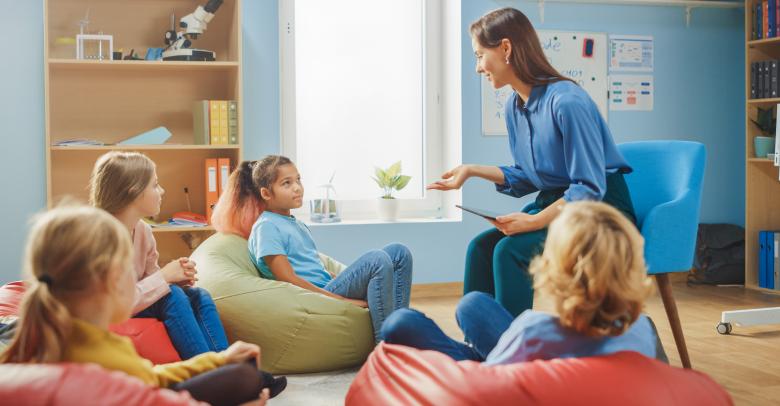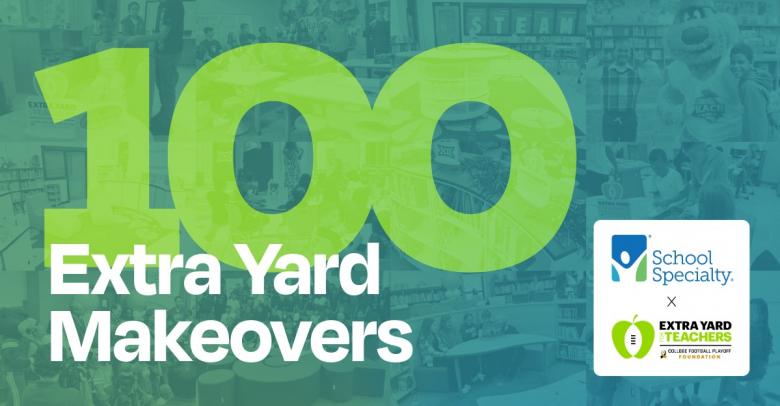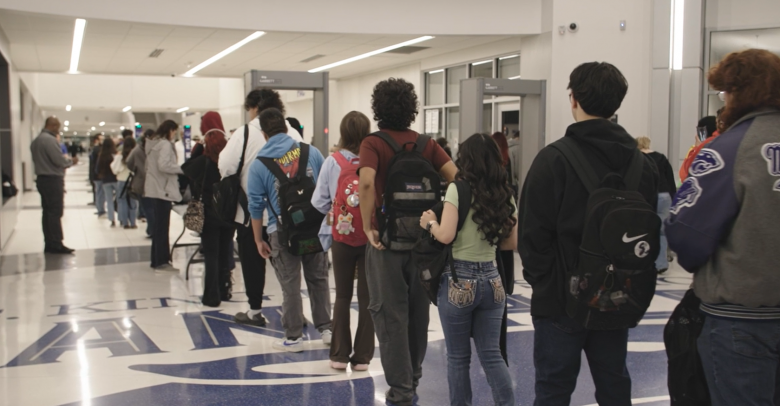Take a look inside the typical K-12 classroom, and you’re as likely to find students huddled together in small groups, engaged in solving a problem or working on a project collaboratively, as you are to see them listening to their teacher or completing tasks by themselves.
This isn’t surprising, given the importance of collaborative learning to students’ development. When students discuss ideas, develop solutions, and create new products in cooperation with their peers, they take their learning to a deeper level—while acquiring skills that are critical for success in work and life.
Here are three key reasons why student collaboration is an important active-learning strategy:
It helps students learn valuable social and emotional skills
Collaborative learning helps students learn and practice social and emotional learning (SEL) skills such as listening, empathy, teamwork, and communication. These skills are critical for so many reasons: Research shows they can have a positive effect on school climate and lead to improved attitudes and behaviors, fewer disciplinary problems, reduced emotional distress, and better academic achievement.
It fosters essential workplace skills
Working with others to solve problems or accomplish a collective goal is standard practice for nearly every job you can think of. There are very few professional roles today in which employees don’t have some kind of interaction with colleagues. And this is why the ability to work well with others is a highly coveted workplace skill.
Each year, the National Association of Colleges and Employers asks hiring managers to identify which skills are most important to them in the candidates they hire, beyond a strong GPA and the technical knowledge required for the job. Problem-solving and the ability to work in a team consistently rank among the top responses, and that was no different in subsequent surveys—as teamwork scored as the third-most desirable trait employers look for.
It helps students learn the content more effectively
Perhaps most importantly, collaborative learning is an effective strategy for learning the actual content that’s being taught.
Learning is inherently a social activity. When we talk about ideas with others, we’re exposed to new theories and perspectives that we hadn’t considered ourselves. Collectively, we can co-construct new knowledge and arrive at a deeper level of understanding of the topic at hand.
Student collaboration benefits those who are struggling to understand a concept, because they can hear it explained by their peers. It also benefits the students who are doing the explaining: Research suggests that when students present their ideas to help fellow students master content, they often end up understanding the material more thoroughly themselves.
A study of collaborative learning in four high schools by the American Institutes for Research (AIR) found that students who had opportunities for high-quality collaboration reported higher levels of engagement, motivation, and self-efficacy. For black students in particular, high-quality collaboration also correlated with higher grades, regardless of their prior academic performance—suggesting that this learning strategy can help close racial achievement gaps.
While student collaboration is important, implementing it successfully can be challenging. For instance, teachers often need guidance and support in fostering collaborative learning in such a way that all students share equally in the work and gain benefits as a result. It can also be hard to assess student outcomes and ensure proper behavior.
For more collaborative learning advice—including key insights for creating the right kind of learning environment that will enable student collaboration to thrive—download our FREE guide, “The Secrets to Successful Student Collaboration”
Deanna Marie Lock
Deanna Marie Lock is a reputable educational leader with a multifaceted background as an elementary school teacher, assistant principal and principal, Instructional Solutions consultant, Instruction and Intervention Subject Matter Expert, and today as the Director of Category Expertise and Support across all of School Specialty’s target curriculum solutions and widespread product categories. With 18 years spent specifically in the public education sphere, Deanna now uses this in-classroom expertise to add a personalized, intentional approach when professionally advising to an audience she herself had been a part of for nearly two decades. Deanna is passionate about building purposeful long-term internal and external customer connections, and helping students find their passion and highest potential, too!







Leave a Reply